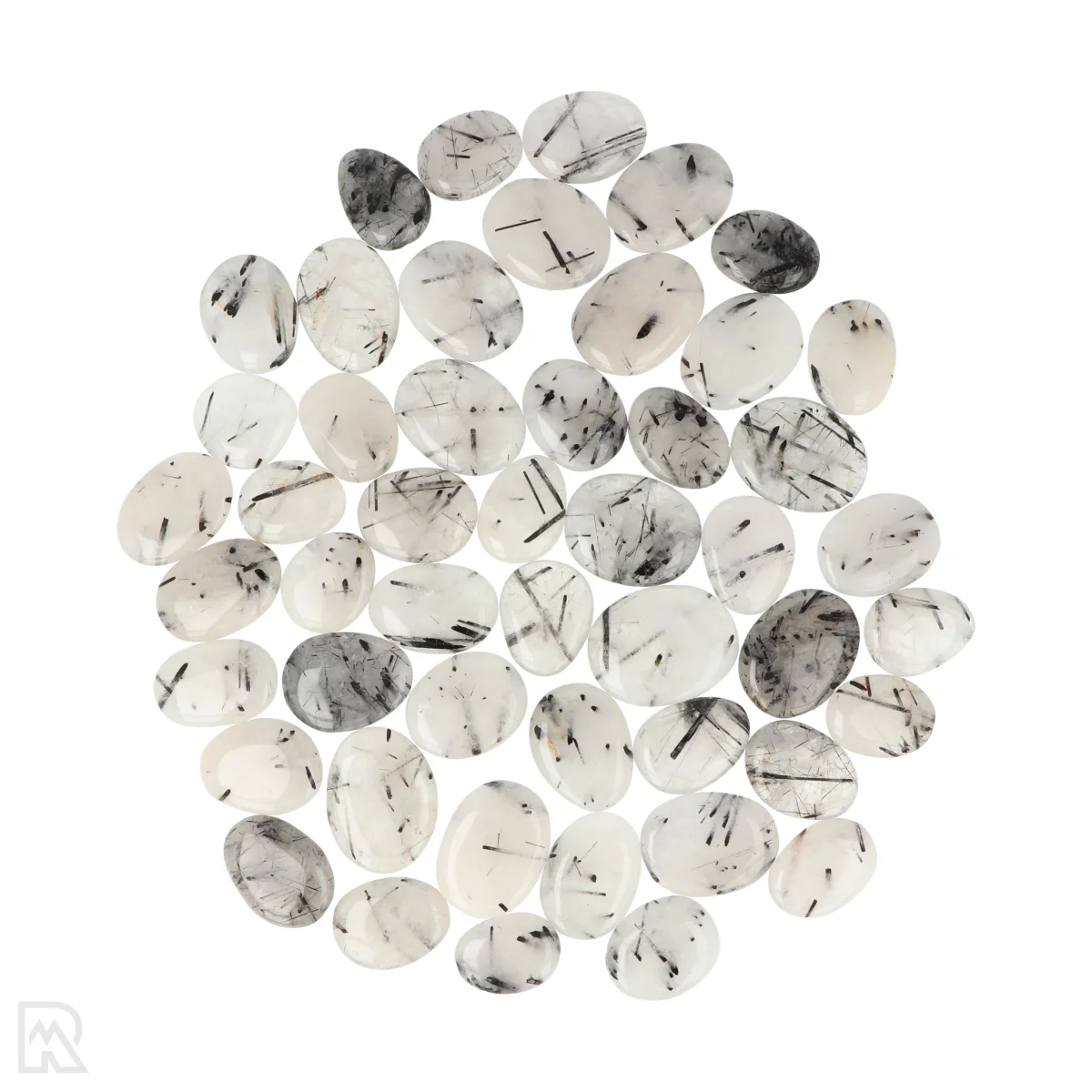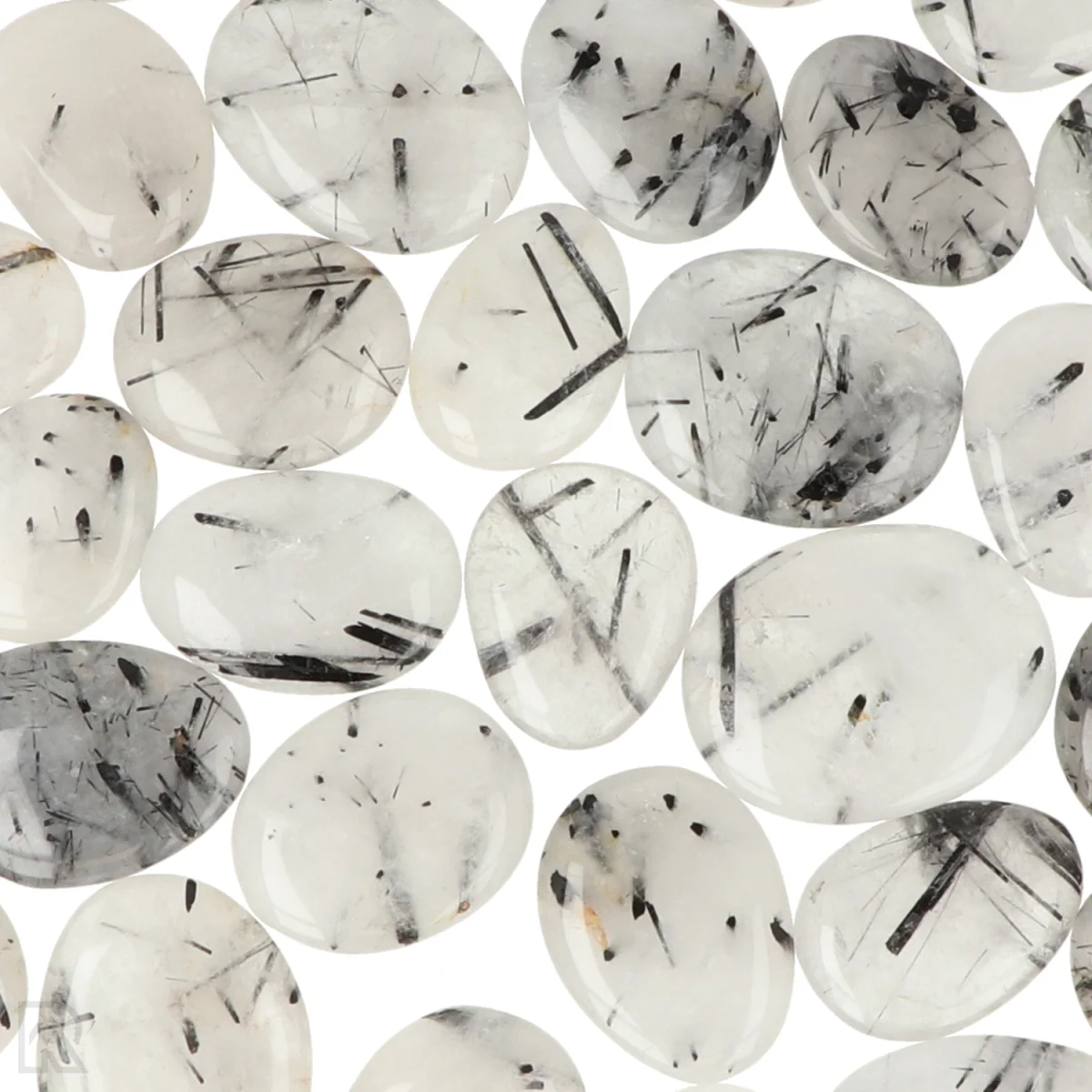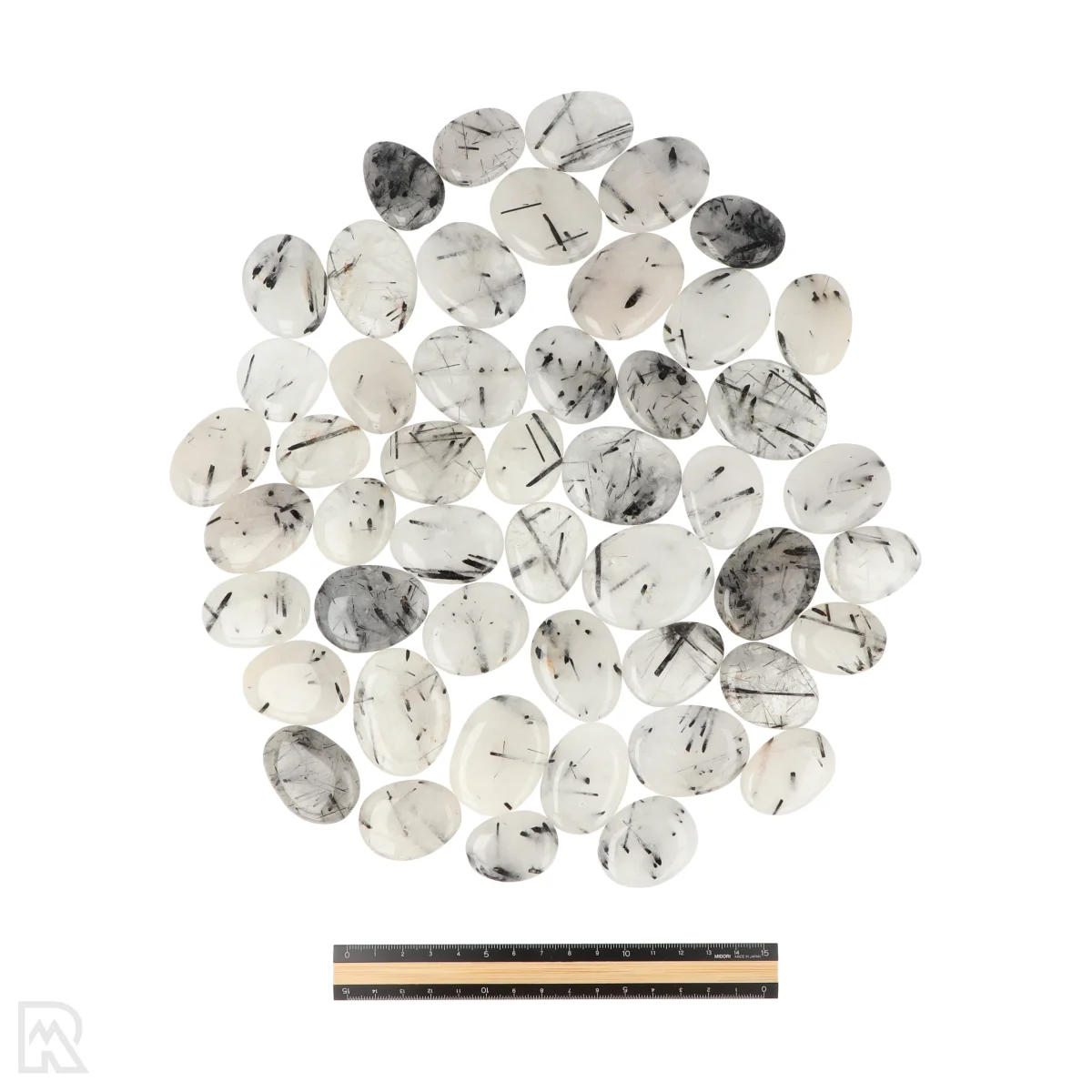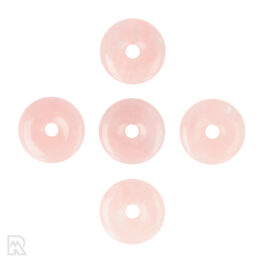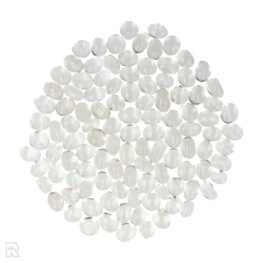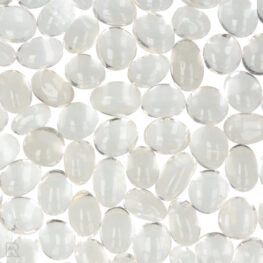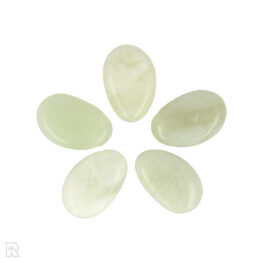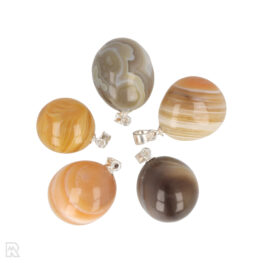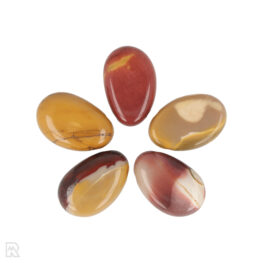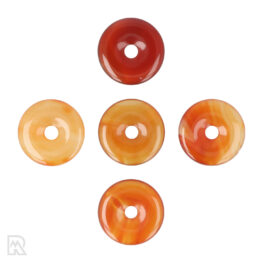| Gewicht | 0,1 kg (100 gr) |
|---|---|
| Sales Unit | |
| Minimum order | 200 gr |
| Type | |
| Dimensions (±) | 3 - 4 cm |
| Number | 50 pieces per kg |
| Origin | |
| SKU | 6281 |
Tourmaline quartz Gemstones
Tourmaline quartz Gemstones
Tourmaline
Tourmaline is a group of borosilicate minerals with a complex chemical composition and a wide variety of colours. It occurs in virtually every colour of the rainbow, including pink, green, blue, black and multi-coloured combinations. This variety makes tourmaline one of the most popular gemstones in the jewellery world.
Tourmaline usually forms in pegmatites and metamorphic rocks. Major deposits include Brazil, Afghanistan, Mozambique, Nigeria and the United States. The chemical formula varies, but a general form is (Ca,K,Na)(Al,Fe,Li,Mg,Mn)₃(Al,Cr,Fe,V)₆(BO₃)₃(Si,Al,B)₆O₁₈(OH,F)₄. The hardness is between 7 and 7.5 on the Mohs scale.
Popular varieties include black tourmaline (schörl), pink tourmaline (rubellite), green tourmaline (verdelite) and watermelon tourmaline (pink interior, green rim).
Sources:
Mindat.org, Gemdat.org, Wikipedia - Tourmaline
Quartz
Quartz is one of the most common and versatile minerals on earth. It occurs in a wide range of shapes and colours, from clear rock crystal to rose quartz, smoky quartz and amethyst. Quartz consists of silica and forms in both igneous, metamorphic and sedimentary rocks.
Major deposits include Brazil, Madagascar, India, Switzerland and the United States. Its chemical formula is SiO₂, and the mineral has a hardness of 7 on the Mohs scale.
Well-known varieties include rock crystal (colourless), amethyst (purple), rose quartz (pink), smoky quartz (grey to brown) and citrine (yellow to orange).
Sources:
Mindat.org, Gemdat.org, Wikipedia - Quartz
Imposing bricks
Lay-on stones are flat, tumbled and smoothly polished (precious) stones that, due to their oval to round shape and flat sides, are suitable for laying on the body, for instance during a relaxation moment. Compared to regular tumble stones and pocket stones, overlay stones have a more flattened shape, which makes them stay well in place. Despite this consistency, it remains a natural product, so variations in shape, colour and pattern can always occur. This can vary from one type of stone to another.
Generally, overlays have a size between 3 and 4 cm with a thickness of about 1 cm. Almost all our overlays are cut in China, where they are carefully selected and processed. The product photos give a good impression of what to expect. Lay-on stones are sold per 100 gr (1x), with a minimum order of 200 gr (2x).
